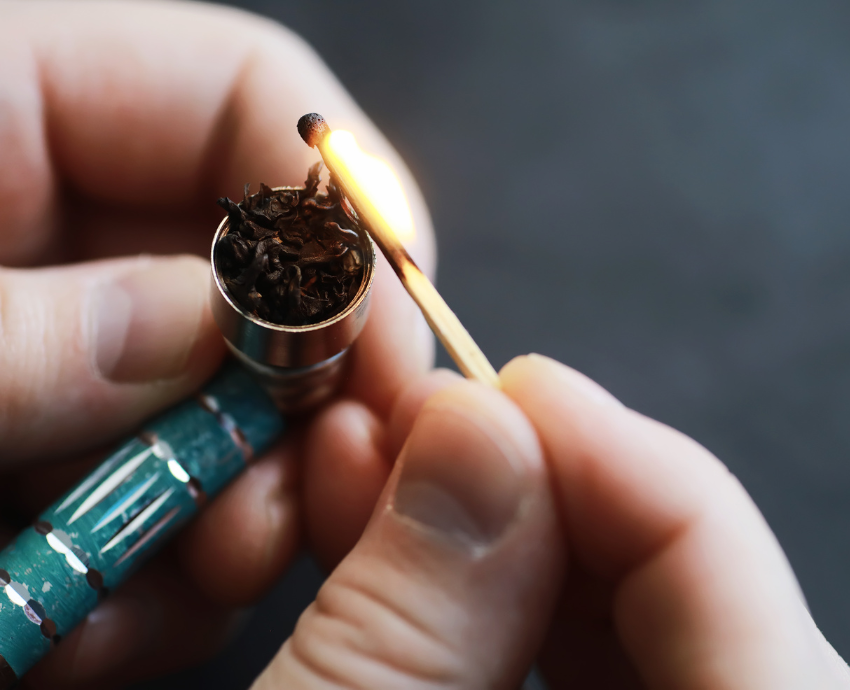
Maryland made history when it legalised cannabis in a constitutional referendum on July 1, last year. State Governor Wes Moore — the first elected African-American governor of the state — took a further step on June 17, pardoning 175,000 cannabis convictions.
According to the governor’s office, more than 150,000 pardons were for misdemeanor convictions for simple cannabis possession and more than 18,000 were for convictions for use or possession with intent to use drug paraphernalia.
Announcing the pardons, Moore said legalisation does not turn back the clock on the “decades of harm” caused by the “War on Drugs”, or erase the fact “that Black Marylanders were three times more likely to be arrested for cannabis than white Marylanders”.
“[W]e cannot celebrate the benefits of legalisation while forgetting the consequences of criminalisation.”
State Attorney General Anthony G Brown said: “The enforcement of cannabis laws has disproportionately and overwhelmingly burdened communities of color. Opportunities were denied because those who were convicted faced steep obstacles to jobs, education and housing.”
The pardons are a first step and do not apply to those still in prison. However, the order represents the largest pardon for misdemeanor cannabis possession charges for any state in the country and the inclusion of paraphernalia makes Maryland the first state to take such action.
The Department of Public Safety and Correctional Services will now develop a process to indicate on an individual’s criminal record that the conviction was pardoned. This process is expected to take approximately 10 months to complete.
Maryland was a slave state, however it did not join the pro-slavery Confederate rebellion that attempted to break up the Union in the 1861–65 Civil War.
The shackles of slavery, though physically removed, left an indelible mark. The Jim Crow segregation laws stripped free Black people of our rights and treated us like second-class citizens. After the Civil War, instead of freedom, we experienced the emergence of the convict leasing system, which exploited Black labour under the guise of punishment.
Like every state, Maryland historically targeted Black and Brown residents for drug violations as it does with racial profiling by the police in general.
The Last Prisoner Project’s Director of Strategic Initiatives Jason Ortiz said the pardon “will finally provide a light at the end of the tunnel for people who are dealing with the collateral consequences of a record – inability to find housing, employment, education, or even insurance or financial products, based solely on a scarlet letter from their past”.
A note will be made on a person’s record that their offence has been pardoned. Individuals who want their conviction destroyed and removed completely from the public record will have to file for an expungement.
Shiloh Jordan, who lost his job on his second day at work after a minor cannabis conviction showed up in a background check, said he knows many people “convicted for petty cannabis charges, and it really affected their whole way of life and their whole way of thinking”.
Heather Warnken, Executive Director of the University of Baltimore School of Law Center for Criminal Justice Reform said the governor’s action “is an important piece of a much bigger puzzle of addressing the devastating drug war which disproportionately harmed, and continues to harm, marginalised Black and Brown communities”.
This decision is a big step forward in confronting the War on Drugs and its impact on the Black population and the entire working class.